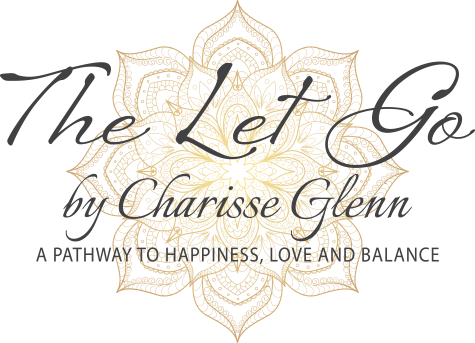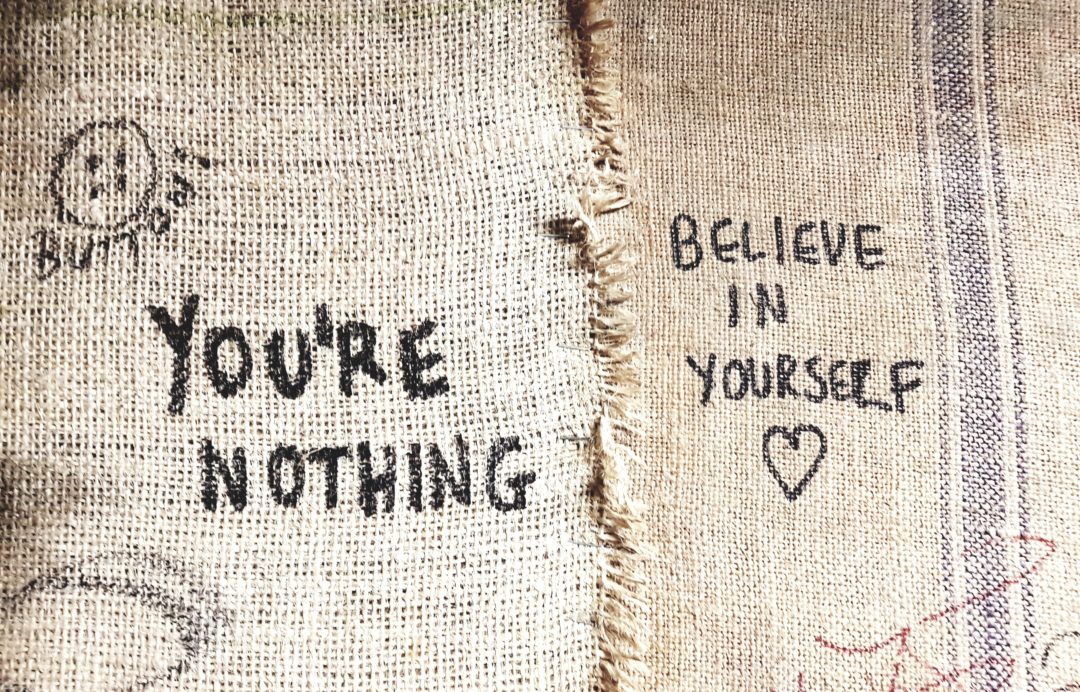The mind can go either direction under stress—toward positive or toward negative: on or off. Think of it as a spectrum whose extremes are unconsciousness at the negative end and hyperconsciousness at the positive end. The way the mind will lean under stress is strongly influenced by training.
― Dune
Stress kills. Therefore, developing our ability to cope is vitally important. Life is not a straight line. It presents us with problems, unpleasantries, and obstacles, challenging our reactions and testing our patience.
We may hit our limits when options appear insufficient, lashing out at people, things, or ourselves. Our voices may rise, our blood may boil, and all rational thinking might leave us. We have all been there, exploding about something only to realize later it wasn’t worth the energy.
However, our ability to respond to these demanding and ever-changing scenarios is critical. Thankfully, managing it is possible; it is a conscious choice.
There are different kinds of stress: the ones we create for ourselves and the stresses the world imposes on us. The pressures may differ, but how we react is always our decision.
Meditation, yoga, tai chi, and breathing exercises can help, but it starts with a mindset adjustment, a desire to work on it, and the discipline to implement mindfulness actions.
For example, if I want to make eggplant parmesan for dinner, I go to the store, and they are out of eggplant. I have a choice. I freak out, get upset, blame the produce person, lament there is no time to go to another store, or I can change my outlook and decide to use zucchini instead.
Our ability to adjust without an overreaction is the attitude essential for managing stress.
The only thing we can control is our ability to direct our reactions. Managing our responses gives us the power we need to regulate stress.
Not long ago, at about midnight, both of my dogs wanted out. I thought it was for a midnight pee, but when they took off to a corner of the property barking, I figured it was a raccoon or some other critter. Well, I was right; it was some other critter. They came charging back into the house, happy as could be, reeking of skunk.
It wasn’t pleasant. I didn’t feel like bathing two Dobermans at midnight, especially since I needed to get up early the following day. I was faced with a choice. Stress out, be pissed off, question why this is happening, be mad at the dogs, huff and puff my displeasure, or take a deep breath, roll up my sleeves, and jump into the tub with two stinky dogs.
Becoming mindful before responding with an irrational expression is a step towards finding our inner calm. Just as we cannot see our reflection in a steamed mirror, we cannot see straight when angry or worked up. The choice is ours, whether we want to remain in what causes tension or redirect our focus towards the solution.
The benefit of recognizing when we begin to spiral out of control is a gift. It highlights areas in our lives we can improve. It is an opportunity for growth. But the trick is to recognize it. To diffuse a situation and change the energy of the circumstance takes but a moment of consciousness.
An Essential Guide to Letting Go of Stress
It begins with slowing down
and then remembering this, too, shall pass.
Doing so teaches us to go with the flow and release our need to control something we cannot influence.
But how do we stop spontaneously reacting?
Again, it comes down to the desire to change. It is becoming mindful the second before you are about to react.
Counting to 10 is a commonly used technique in anger management; it has proven effective in relaxing the brain, allowing the rational mind to kick back in.
Leave the situation. Walk out of the room, and if you cannot, then turn your back. Remove the aggravation from your vision.
Learn to say no. Don’t pile onto your day-to-day plate more than you can comfortably accomplish. Let go of the pressure; it all needs to happen today.
Find a way to laugh at the situation. Laughter is an excellent way to dispel stress and anxiety.
Caring for ourselves has an underlying effect on how we move through our days. When you have no time to relax, this is when you need it most.
Beware of your sugar intake. Often, our blood sugar levels can contribute to erratic behavioral outbursts.
Get enough sleep. Our ability to process rationally is compromised when our brain and body have not rested enough.
Find gratitude in your world.
The power to choose our reality is the only thing we truly control. Although we may not have the strength to maintain our composure at all times, the more we practice, slow down and breathe, the frequency of making the right choice will change, and one day, we will realize we have created the inner calm we aspired to have.
Slow down you move too fast; you’ve got to make this morning last.
~Paul Simon






Karyne
The relief for me is knowing I am not in control of the circumstance just my reaction to it. Nothing else needed for me
charisse
Our reactions are the ONLY thing we have.
Julie
I need to print this and put it on my office wall.
charisse
PLEASE DO!! We all need reminders. and the more we get reminders the more it becomes a habit.
Cyndie
Simply put, but so hard to do for us life-long overreactors … I’m trying though – one day at a time. Thanks for the post, it really does help
charisse
Cyndie, Thak you for your comment. Well, you know how the saying goes: Anything worth having is worth working for. One day at a time is the only thing we can do, and each decision we make towards not reacting, brings us a step closer. Keep at it.
C